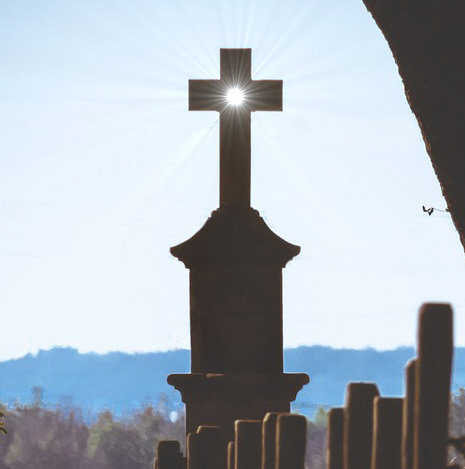John 6:22-51
Theme
Jesus is the nourishment for our spiritual life.
Questions
- When Jesus talked with the Samaritan woman he spoke about living water (John 4:10-14), and here in John 6 he talks about the bread of life. Why do you think Jesus uses the example of food and drink to speak about spiritual living?
- The crowd that looked for Jesus (v.22-25) were part of the group which has been miraculously fed by him (John 6:1-15). Jesus knows the motivation that the crowd has for looking for him (v.26).
- What do you think they wanted from Jesus? Why did they look for him?
- Why do you think Jesus didn’t like their attitude?
- Do you think some people seek after Jesus only for what they can get from him?
- What does v.28 show about people’s ideas of how to do things which please God?
- Were you surprised by Jesus’ answer to the crowd in v.29? Why, why not?
- Does Jesus’ answer change or challenge your views about what God requires us to do in life?
- The crowd want Jesus to ‘prove’ himself (v.30). How does their asking for another miracle show that they have not understood what Jesus has been saying to them (remember they are already aware of at least two miracles Jesus has performed recently). Look at what Jesus says in v.32-33 & v.49-51.
- What are some of the priorities and attitudes we should have in terms of the things we do in life? Compare what Jesus is saying here in John with Isaiah 55:1-2 and Psalm 34:8-14.
- If bread is the most staple food in Jesus’ culture, what is he saying in v.35?
- Food (bread) offers nourishment.
- What does v.35 & 48-49 tell us about the importance of spiritual nourishment?
- What do you do to nourish yourself spiritually?
- Bread is a relatively cheap food, available to everyone. How does v. 51 help us to think about the value or cost of this ‘bread’?
-
Throughout the passage the ideas of bread and life are closely linked (eg. v.33, 35, 47-48). How does this passage help us to think about our priorities for living life?
- In reading this passage, what have you found the most surprising or challenging?
